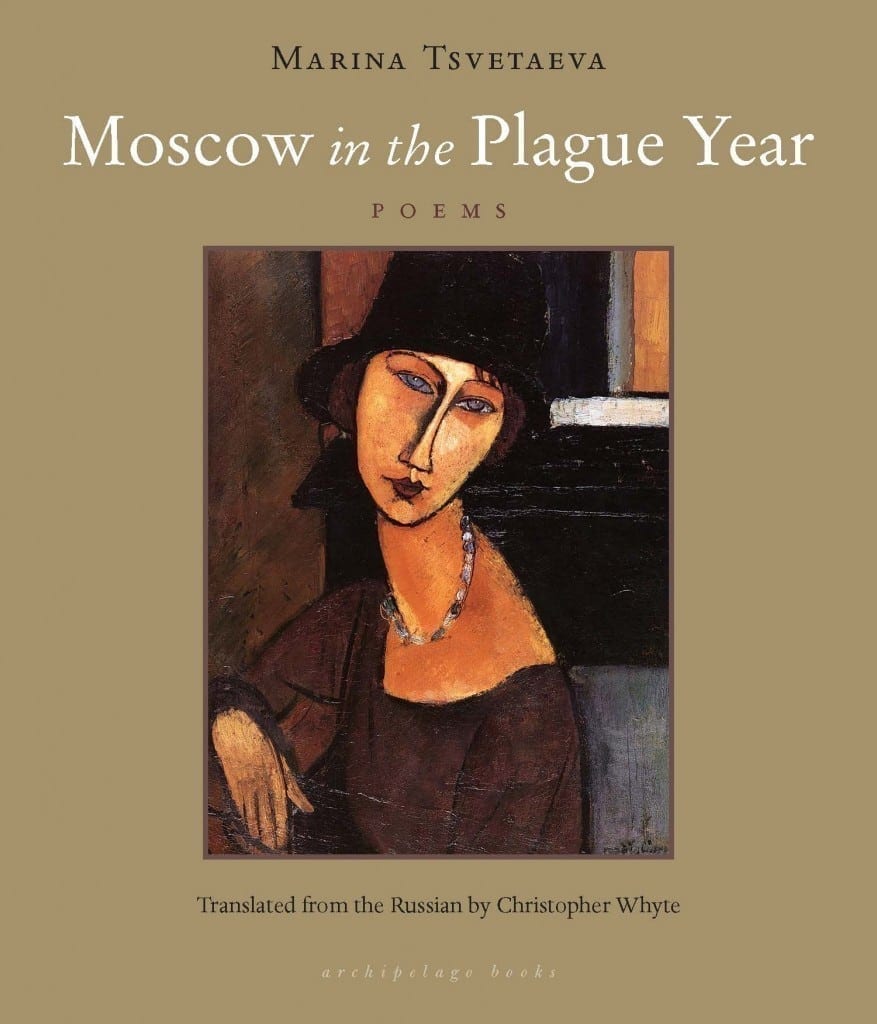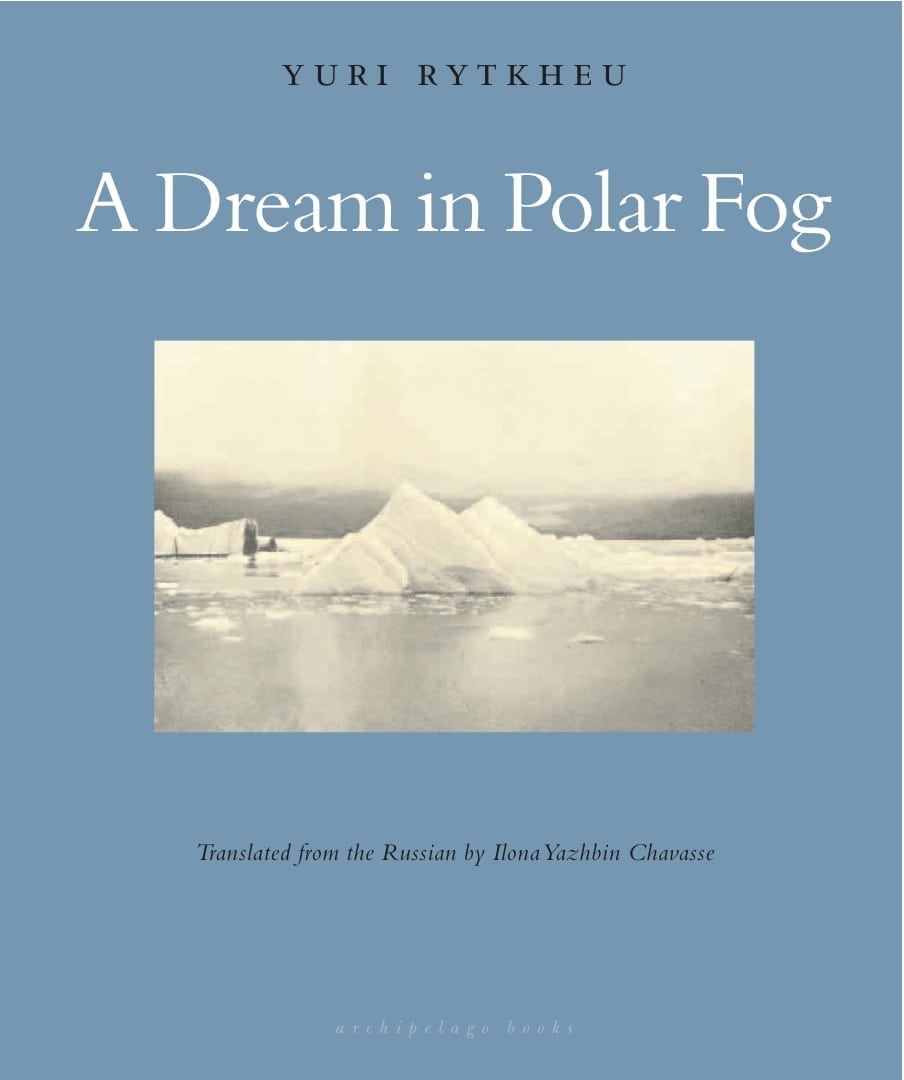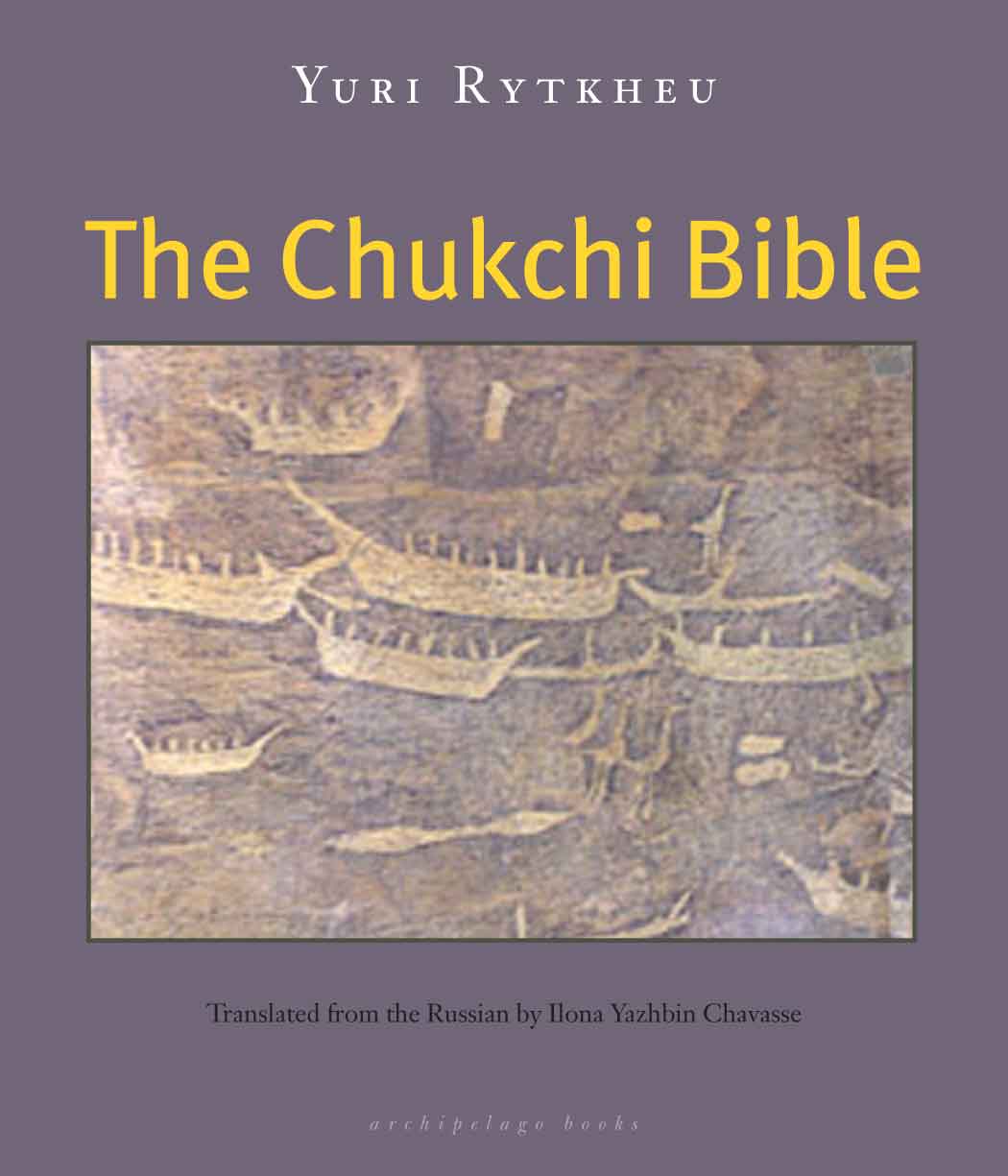Praise
A poet of genius.
[The] Russian poetry translated in this book throbs with undiminished emotional intensity and overflowing verbal invention. And Christopher Whyte has managed to capture a good deal of this plenitude. His is a poet’s translation. The semantic reshaping here, with paraphrase the principal device, is considerable at times, but in general justified, and in a few instances inspired...there are remarkably few instances where the sense of the Russian has been misunderstood.
[I] was immediately overcome by the immense lyrical power of her poetic form. It...had sprung living from experience--personal, and neither narrow-chested nor short of breath from line to line but rich and compact and enveloping.
...the most peculiarly excitable and brilliant and perhaps the most individual style in twentieth-century Russian poetry.
The range of style and feeling is striking, from a forceful colloquialism akin to Mayakovsky to a lyric tenderness which evokes Cummings.
Represented on a graph, Tsvetaeva's work would exhibit a curve--or rather, a straight line--rising at almost a right angle because of her constant effort to raise the pitch a note higher, an idea higher (or, more precisely, an octave and a faith higher). She always carried everything she has to say to its conceivable and expressible end. In both her poetry and her prose, nothing remains hanging or leaves a feeling of ambivalence. Tsvetaeva is the unique case in which the paramount spiritual experience of an epoch (for us, the sense of ambivalence, of contradictoriness in the nature of human existence) served not as the object of expression but as its means, by which it was transformed into the material of art.
While unconventional in her life, Tsvetaeva’s poems themselves are classic. The best ones will bowl you over like a cannon ball. [...] Heartbreaking and uplifting at once, the best of these hundred plus poems is astonishing. Though her final resting place is unmarked, these poems are monumental.
...the individual pages—some never before translated— ...tell a hair-raising and heartbreaking story: a self-destructive, almost compulsively productive poet, roaming a broken city, hearing and learning from the writers she loved, writing immortal scraps and heartbroken fragments, 'not hiding the emotion in my voice.'
Christopher Whyte, in Moscow in the Plague Year, has given us a colloquial, witty and most welcome complete English version of poems from the Revolution/Civil War period [...] to the Bolshevik Revolution. The book is attractively presented, light and portable as poetry books should be, generously set out so that each four-liner has its own page. […] Tsvetaeva, like most of the great Russians, is a musical poet, but her orchestration is bold, unexpected, full of syncopation and dissonance... […] Whyte’s contribution to the ‘English’ Tsvetaeva, apart from the focus of the selection which gives the reader the opportunity really to get to know the poet as a young woman caught up by the tornado of war and revolution, is [...] the way he reflects her edgy humor […] and her pithy self-characterisations […]. Tsvetaeva’s visual imagery is superbly conveyed […] as are her sustained, ephemeral metaphors.
Extras
An animated short from Youtube called “Marina Tsvetaeva’s Dream.”
Maintained a correspondence with Boris Pasternak and Rainer Maria Rilke.
St.-Gilles-sur-Vie,
May 9, 1926Rainer Maria Rilke!May I call you like this? You, poetry incarnate, must know, after all, that your very name is a poem. Rainer Maria, that sounds churchly – and kindly – and chivalrous. Your name does not rhyme with our time, stems from earlier or later – has always been. Your name willed it so, and you chose the name.
You are not my dearest poet (“dearest” – a level), you are a phenomenon of nature, which cannot be mine and which one does not so much love as undergo, – or (still too little) the fifth element incarnate: poetry itself – or (still too little) that whence poetry comes to be and which is greater than it (you). It isn’t a question of Rilke the person (personhood: that which is forced upon us!), but of Rilke the spirit, who is still greater than the poet and who is what really bears the name of Rilke to me, the Rilke of the day after tomorrow… across all that distance.
What is still left for a poet to do after you? A master (like Goethe, e.g.) one overcomes, but to overcome you means (would mean) to overcome poetry itself. A poet is he who – overcomes life (is to overcome it). You are an impossible task for future poets. The poet who comes after you must be you, i.e., you must be born again. You give to words their first sense, and to things their first words. E.g., when you say “magnificent” you say “wreaking great things,” as it was meant to mean originally (now “magnificent” is no more than a hollow exclamation mark of sorts). I might have said all this to you more clearly in Russian, but I don’t want to give you the trouble of reading your way into it, I would rather take the trouble of writing my way into it.
Moscow in the Plague Year is on The New Yorker‘s Books to Watch Out For: August list!



